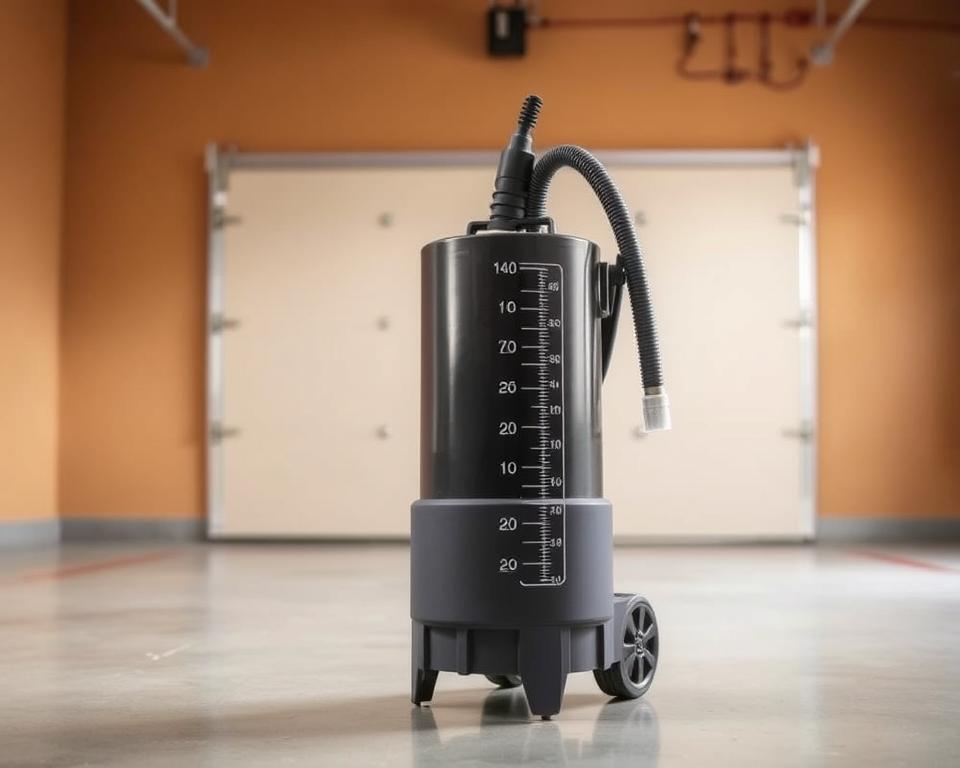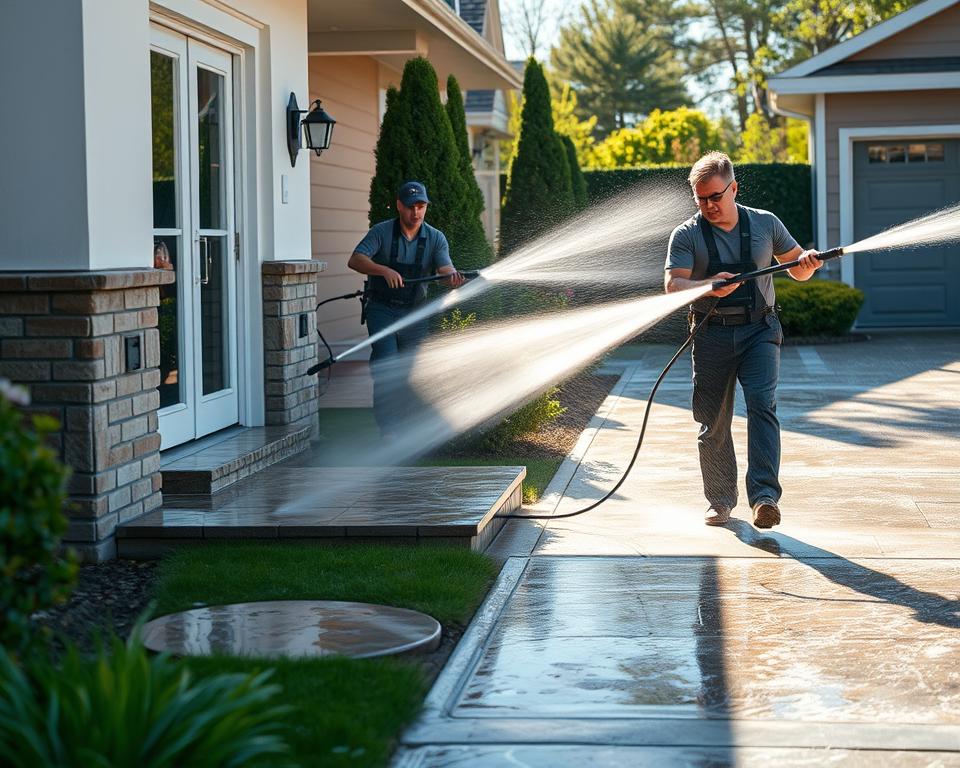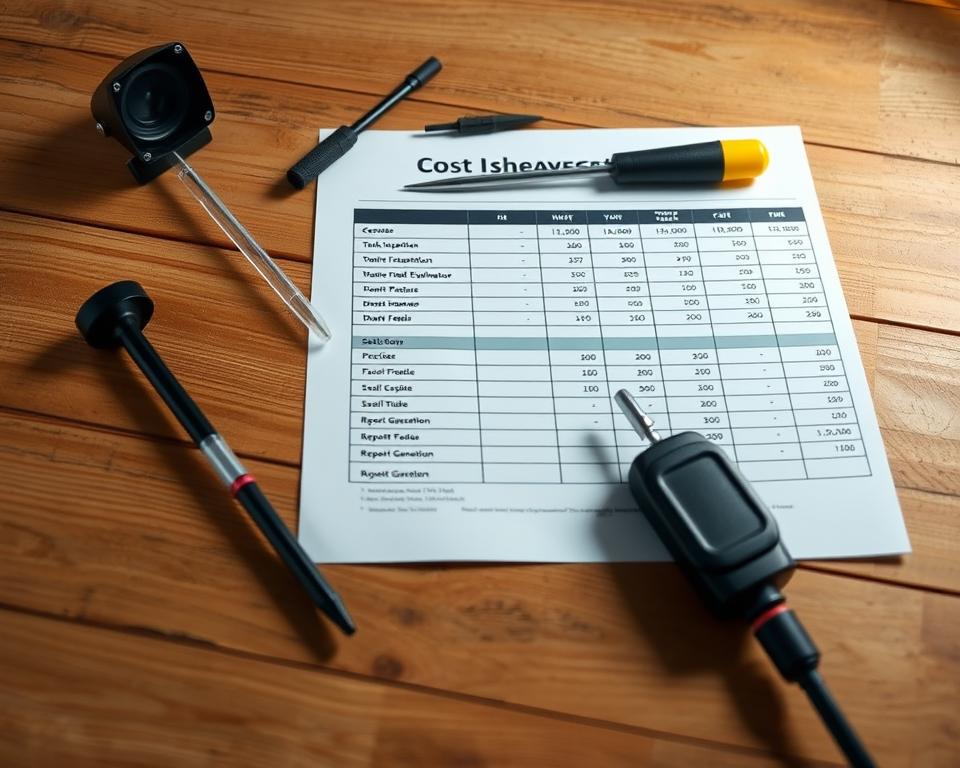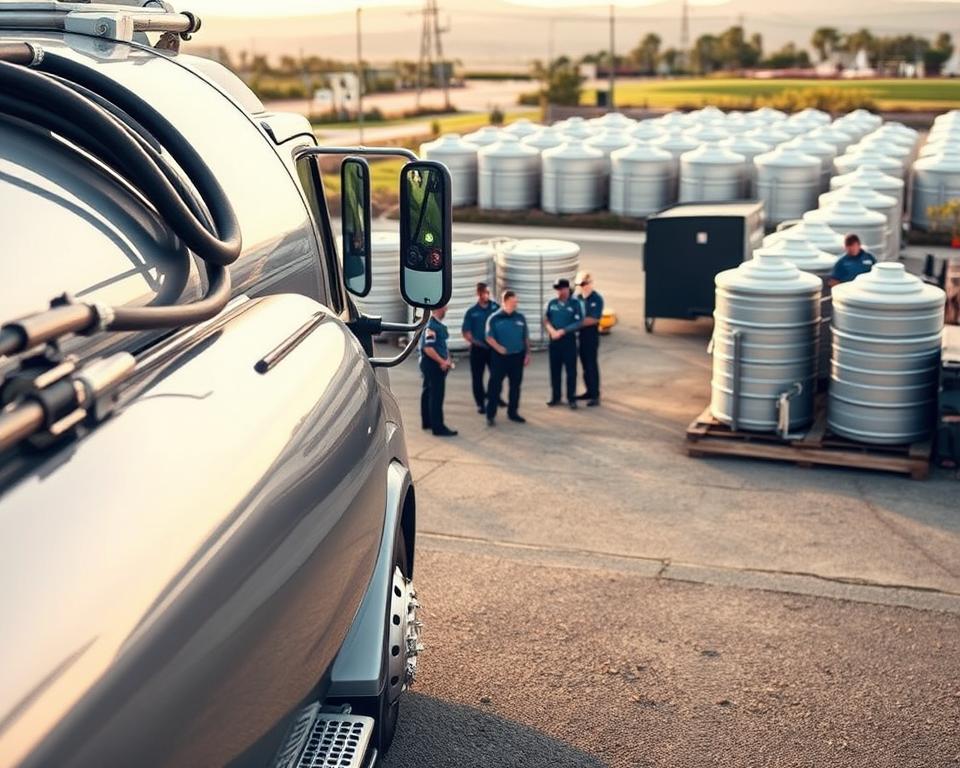RV Black Water Pump: Essential Upkeep Guidelines
Are you sure your motorhome’s black water pump is up to the task, or could it trigger campsite headaches? Caring for your motorhome’s waste system in peak form is critical. It helps sidestep unpleasant aromas, clogs, and costly repairs. This guide provides crucial advice to secure your sewage pump runs smoothly, keeping your travels trouble-free.
Understanding Your RV’s Plumbing System
The RV plumbing system is fundamental for any smooth journey. It splits into two main parts: the black water system and the gray water system – portable RV waste pump. The black water system captures waste from the toilet, whereas the gray water system processes wastewater from sinks and showers.
The systems use drain lines that empty into different tanks, designed for optimal waste management. Each tank has a vent to prevent gas from building up, keeping the operation is safe and scent-neutral. Proper waste management in an RV is vital to forestall leaks or bad odors. By knowing both black and gray water tanks, RV owners can maintain and manage waste better.
Grasping how your RV’s plumbing works lets you detect issues before they worsen. Regular maintenance creates carefree adventures for everyone. Being proactive with your RV’s plumbing system assures reliability during your travels.
Types of Tanks
Traveling in RVs involves recognizing the different tanks. Each one is essential to your RV’s system, calling for regular upkeep.
The fresh water tank stores potable water. It’s necessary for a enjoyable RV experience.
The gray water tank receives sink, shower, and other non-Septic wastewater. Managing this tank keeps your RV clean while traveling. The black water tank, on the other hand, contains toilet waste. It needs frequent emptying and diligent maintenance to avoid issues.
By recognizing the fresh, gray, and black water tanks, RV owners can smoothly run their systems. This preparedness and continual maintenance guarantee smooth functionality of the waste management system.
Black Tank Mechanics
The working of the black water tank is essential in RV waste management. It receives waste from the toilet via a gravity-fed system. Upon flushing, waste and water are directed into the tank, to be stored until removal is necessary. It’s critical to keep water levels optimized in the toilet to stop solid waste buildup.
Grasping how RV waste tanks function can prevent clogs and odors. Without proper care, solid waste hardens, creating blockages and emptying difficulties. Effective tank flushing techniques are essential to preventing these issues, ensuring smooth functionality.
Frequent inspection of tank mechanics is advised for RV owners. This includes observing flushing methods and ensuring adequate water flow. Knowing these essentials aids in efficient tank maintenance, heading off expensive fixes later.

Key Maintenance Tips for Your RV Black Water Pump
Doing regular maintenance on your RV’s black water pump is essential. First, pick RV-safe toilet paper to cut down clogs and improve flow. A comprehensive flush can clear waste and diminish bad smells. Periodically cleaning the tank helps avoid residue buildup, guaranteeing your RV sanitary and comfortable.
Perform routine inspections to examine your pump’s condition. Search for any signs of wear or damage that could affect its function. Using specialized tank treatments, like those from All in Sanitation, can greatly boost both performance and cleanliness. Following these tips can lengthen your pump’s life and enhance your RV’s living conditions.
Use RV-Safe Toilet Paper
Looking after your RV’s black water system requires key actions. One key strategy is using RV-safe toilet paper for clog prevention. This specifically designed product decomposes quickly in water, perfect for RV sanitation systems.
RV-safe toilet paper is essential for tank maintenance. It dissolves fast, minimizing blockages from slow-decomposing materials. This boosts waste disposal efficiency and keeps the plumbing free-flowing.
Pick brands labeled as RV-safe when buying toilet paper. These products lessen clog risks and prolong your black water tank‘s lifespan by avoiding buildup. Regular use guarantees a stress-free camping experience, absent plumbing troubles.
Flush the Tank Thoroughly
Rinsing completely your black water tank is crucial for proper waste management in your RV. To help waste movement, confirm the toilet bowl is filled with enough water before flushing. Many RVs are equipped with built-in tank flush systems to make the process more efficient. For RVs without this feature, utilizing tank rinsers that attach to the sewer outlet offers a reliable alternative.
Proper tank flushing supports waste removal and avoids solid accumulations and bad smells. Keeping up with this process secures your RV stays pleasant, making your travels more pleasant. A habit of regular and complete tank flushing will enhance hygiene and the overall condition of your RV’s plumbing system.
Stop Residue via Frequent Cleaning
Holding your RV’s black water tank clear is essential for its best function. Regular cleaning washes away lingering waste inside the tank walls. This means flushing well with water and using specific RV tank cleaners for tough deposits.
By cleaning regularly, you halt odors and cut down clog risks. A spotless tank makes RVing better and helps your plumbing last longer. Build tank maintenance into your routine to ensure smooth travels.
Choosing Proper Chemicals
Choosing proper chemicals for RV black water pump maintenance is critical for managing waste and minimizing smells. Many RV enthusiasts use enzyme-based RV holding tank treatments. These products use good bacteria to dissolve solids and cut down bad odors.
Steering clear of harsh chemicals is important to prevent damage to your plumbing. Such substances can erode pipes, leading to expensive repairs and diminishing your RV enjoyment. Applying safe chemicals for odor control secures your tank and pump’s longevity.
Keeping your RV black water tank in prime shape boosts your travel experience. Using the right holding tank treatment periodically ensures your system works well.
Timely Tank Emptying
It’s vital to empty your RV’s black water tank at the appropriate point for effective disposal. Aiming to do so when the tank is about two-thirds full is prudent. This sidesteps solid waste buildup, providing a cleaner emptying process.
Draining at designated stations is vital for safe, eco-friendly waste handling. It’s crucial to track the tank‘s levels closely. Letting it max out can create clogs and make disposal more difficult.
Proper timing and methods are essential for hygienic waste management and can extend your plumbing’s life. Maintaining steady oversight and maintaining your system correctly delivers a pleasant RV living experience.
Maintaining Toilet & Tank Seals
Checking seals around the toilet and tank is critical for leak prevention. Over time, these seals might break down, leading to odors and potential harm. A careful inspection will identify any wear or damage. Finding issues early permits quick replacement to secure a secure connection and odor-free RV.
Maintaining a bit of water in the toilet bowl supports in preserving seal condition. This protective habit is critical in RV seal upkeep. It increases the seals’ life, preventing leaks and foul odors.
Routine seal maintenance can prevent hefty bills later. By focusing on seal health, RV owners ensure a pleasant journey.
Additional Tips for Long-Term Maintenance
Arranging professional servicing for your RV at least once a year is sensible, particularly for black water tank care. This strategy assists with identifying problems early and protects your plumbing system’s integrity.
When getting your RV for storage, thoroughly clean and empty the black water tank first. Consider antifreeze to shield against damage from remaining water during cold seasons. Doing so is vital for maintaining the system, making sure it’s ready for your next adventure.
Steady reviews and preventive actions are crucial to extending your sanitation system’s life. Observing connections, hoses, and seals guarantees smooth operations. This method improves your RV experience, making it enjoyable all year round.
Ensuring your RV’s black water pump is well-maintained is crucial for a stress-free camping journey. By adhering to the maintenance tips shared, you can retain your black water system working efficiently. It’s essential to focus on steady cleansing, using correct flushing methods, and choosing appropriate chemicals for waste management.
By satisfying these maintenance requirements, you will prevent unpleasant odors and blockages. This also increases your RV plumbing system’s durability. Proactive care of the RV black water pump yields more time enjoying the outdoors, minus potential setbacks.
Bear in mind, proper upkeep is key next time you gear up for an outing. It’s not the highlight of RV ownership, yet it significantly boosts your travel experience.


